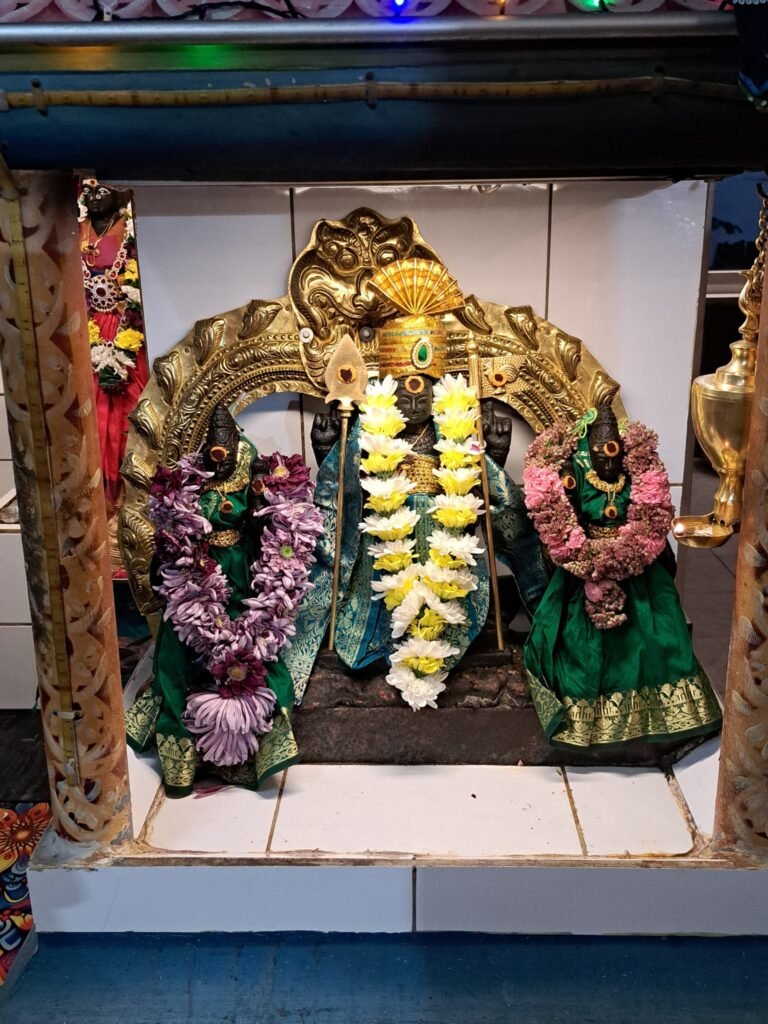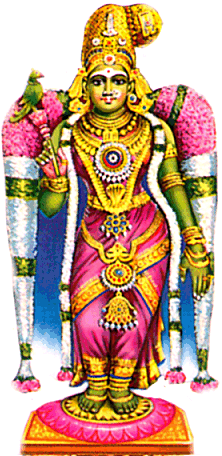
Kanthasaddi fasting, more formally known as Kanda Sashti Vratam or Skanda Shasti, is a six-day fast observed by Hindu devotees in honor of Lord Murugan (also known as Skanda, Kartikeya, or Subrahmanya). The fast commemorates Lord Murugan’s triumph over the demon Surapadman, a significant event in Hindu mythology and a source of spiritual power. During this period, devotees abstain from some or all solid foods, focusing on prayers, meditation, and devotional activities to cleanse the mind and body.
Purpose and Significance
Honoring Lord Murugan: Devotees observe the fast to please Lord Murugan, who is associated with war, victory, knowledge, and consciousness.
Spiritual Purification: The fast is intended to purify the mind and body, flushing out impurities and fostering self-control and divine connection.
Mythological Connection: It relates to the story of Lord Shiva creating Muruga to defeat the demon Surapadman, symbolizing the renewal of spiritual energy and higher consciousness.
Chanting and Devotion: Devotees chant the Kanda Sashti Kavasam, a devotional prayer, and other mantras to invoke Murugan’s blessings and protection.
Observing the Fast
Duration: The fast lasts for six days, typically in the lunar month of Karthika (Karthigai), culminating on the Soorasamharam day.
Dietary Practices: Fasting forms vary, but commonly include:
One meal a day: Taking only one meal, often in the evening.
Fruit and milk: Consuming only fruits and milk as a single meal.
Liquid-only diet: Abstaining from all solid foods but consuming only liquids like water or strained fruit juice.
Other Practices:
Bathe early: Devotees bathe early in the morning on each day of the fast.
Worship and Meditation: Engaging in meditation, chanting, and worship at home or temples.
Satsang and Bhajan: Participating in devotional songs and gatherings.
The End of the Fast: The fast concludes on the sixth day, Soorasamharam, which is the most important day of the festivities. A feast or special ceremonies often follow.
